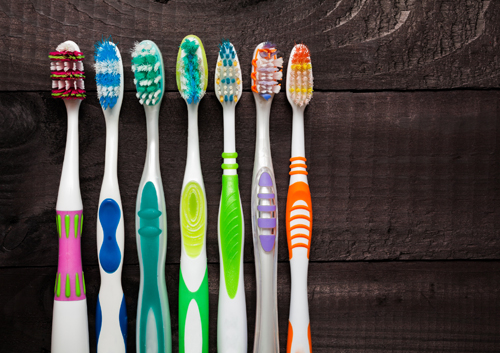
What do you think of when you hear the term dental or oral hygiene? Brushing and flossing tend to come to mind, since that is what the terms imply.
What you might not know, however, is that good dental hygiene involves much more than just your mouth. That’s the tip of the iceberg … just a piece of the complex puzzle that is the human body.
Simply put, you cannot be fully healthy if you don’t have good oral health. Studies have shown that oral health and body health are closely linked and in fact almost impossible to define as separate phenomena.
Take gum disease, for example. It’s one of the most common dental infections, but it doesn’t just affect your gums. According to the Academy of General Dentistry, gum disease can be directly linked to more serious complications such as strokes and heart disease. Doesn’t that make you want to floss a little more often?
This goes the other way, too. Many oral events like sores, swollen gums, and dry mouth syndrome, which might seem fairly trivial and even harmless, may be signals of a much bigger problem: possibly leukemia, kidney disease, diabetes, or pancreatic cancer.
Now that you’ve been made aware of just how vital dental health is for your overall health (and vice versa), the best thing to do is what you’re probably already doing: making sure you brush and floss, as well as maintain a well-balanced diet. It’s also smart to keep away from cigarettes and tobacco, because both are known to contribute to periodontal disease.
In addition, be sure to keep getting your teeth cleaned every six months! If you’re due for a cleaning, give our Princeton, NJ office a call to schedule an appointment at Princeton Restorative & Implant Dentistry.








